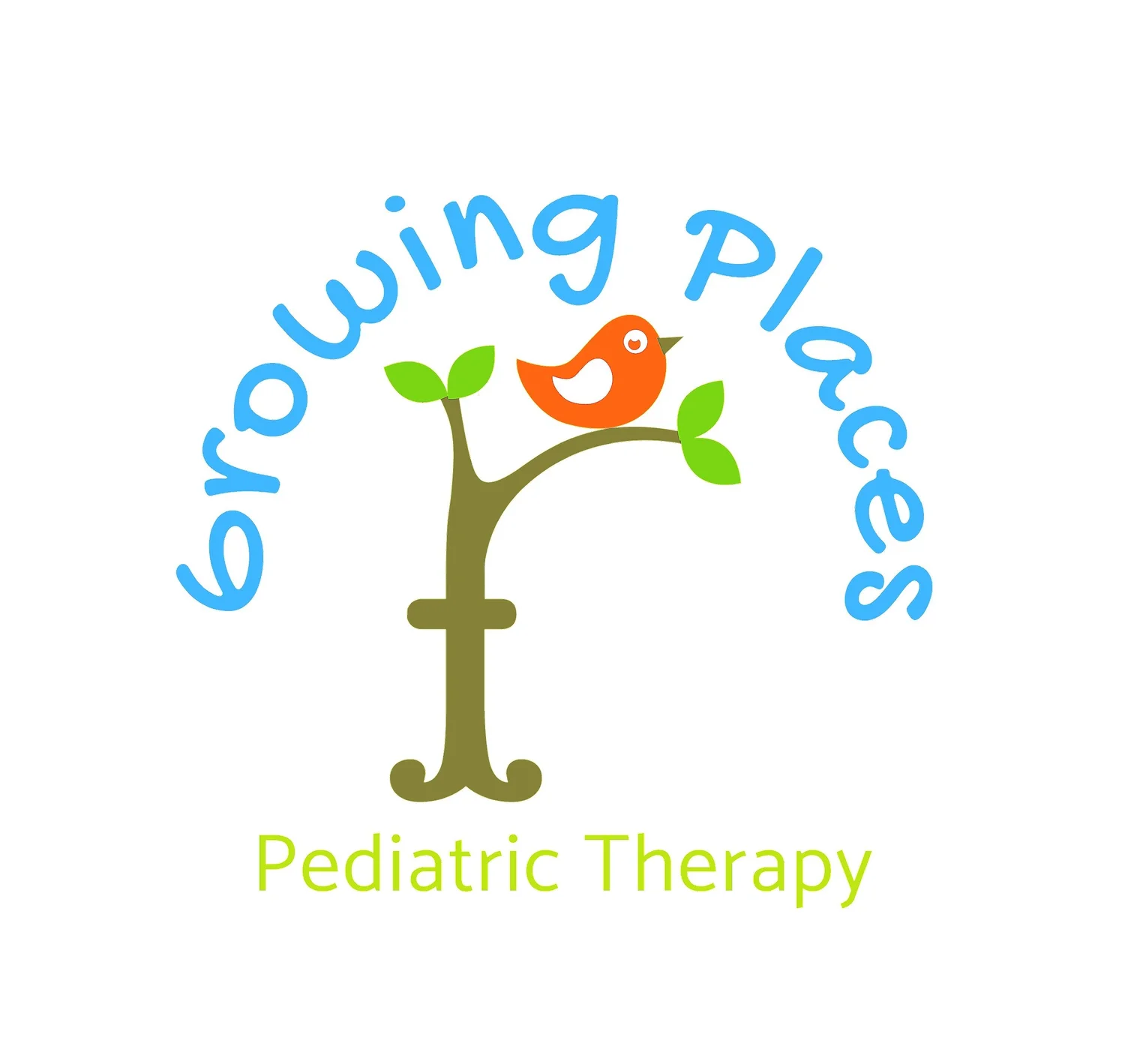OT Services
At Growing Places Pediatric Therapy, I offer pediatric occupational therapy services uniquely designed to help children reach their full potential. By taking a holistic, individualized approach, I work with families to develop tailored therapy plans that address their child's unique needs, strengths, and goals.
Feeding Skills
Self-feeding can be a significant stressor for many children and families, often complicated by sensory processing issues, and oral-motor, or fine-motor delays. I provide a supportive environment to address these challenges by incorporating the evidence-based, SOS Approach to Feeding™, alongside sensory integration techniques to help children feel more comfortable exploring different textures, tastes, and sensations. Through play-based strategies and systematic desensitization strategies, I work with children to reduce anxiety and increase their independence and ability to explore and try new foods, ultimately promoting a healthier and more positive relationship with mealtime. I help families understand the “why” behind their child’s feeding difficulties and provide coaching on environmental cues for eating, following your child’s cues for food selection, setting a routine around mealtimes, maintaining a pressure-free environment, and how to use food hierarchies, which play an important role in feeding therapy. Goals are co-created with the child and the family, ensuring respect for both cultural backgrounds and family priorities surrounding mealtimes. By working together, we will bolster your child’s confidence and skill level at mealtimes, as well as your ability to help your child take in the necessary nutrients for growth and development.
“My son has been working with Lee Ann and has made tremendous progress in his motor, play, and feeding skills. Our family will always hold a special place in our hearts for her! I highly recommend her services.”
Motor Skill Development
Fine and gross motor skills are essential for children to navigate the world around them with confidence and ease, while developing independence in key functional skills. These skills include using the small muscles of the hands and fingers and coordinating hand-eye movements for tasks like coloring, tracing, writing, using utensils, and manipulating small objects. Whether your child is struggling with fine and visual motor skills, such as managing clothing fasteners and using scissors, or gross motor skills, including balance and coordination, I’m here to help!
I help children develop and refine their motor skills through fun, engaging activities that build strength, coordination, and body awareness. Improving motor skills can greatly enhance your child’s ability to participate in daily activities—whether it’s play, school tasks, or everyday routines—while fostering a sense of independence and accomplishment. From improving hand-eye coordination and grasping patterns to supporting balance and sensory awareness during movement, my goal is to help children gain confidence and independence in their physical abilities.
“When we first started therapy, our daughter rarely looked in our direction, didn't respond to sounds, had limited fine motor skills, difficulties swallowing and chewing, and intense meltdowns that would lead to self-harm. Our daughter will now grab your face just to make eye contact. She's gone from barely being able to clap to pointing, signing, and miming the gestures to the Itsy Bitsy Spider. We're so thankful and recommend Lee Ann to any family.”
-Berwyn, IL Parent
Many factors can impact a child’s ability to respond to their emotions, manage stress, and regulate their attention, including sensory processing challenges. Mindfulness techniques and sensory integration strategies can be particularly helpful for children with sensory sensitivities who have difficulties with regulation, attention, and anxiety. I integrate multifaceted sensory processing sound-based interventions, including Therapeutic Listening®, rhythmic movement and mindfulness practices—such as breathing exercises, guided relaxation, yoga, and sensory grounding techniques, including nature-based activities—to help children tune in, become more aware of their bodies and emotions, and improve their ability to focus and self-regulate. One of the key skills I focus on in therapy is supporting joint attention, helping your child strengthen their ability to focus and engage with others, which is essential for learning and building meaningful relationships. My goal is to help children develop greater emotional balance and resilience. I’m passionate about ensuring a child’s feeling of safety, which in turn builds stronger connections and supports their ability to manage emotions by identifying triggers and developing adaptive coping strategies. These strategies help your child become more self-aware, support emotional balance, improve social interactions, and enhance overall well-being, both in therapy sessions and in everyday life.
Regulation & Joint Attention
Kind Words
“We have seen amazing growth in our son’s ability to self-regulate his emotions and his confidence when approaching new activities and physical challenges. His play with peers and family is great, and as parents, we no longer feel the need to tiptoe around difficult situations or fear the use of the word “no”. Most significantly, our son is now able to adapt and function outside of home and when playing with peers.”
-Berwyn, Illinois Family




